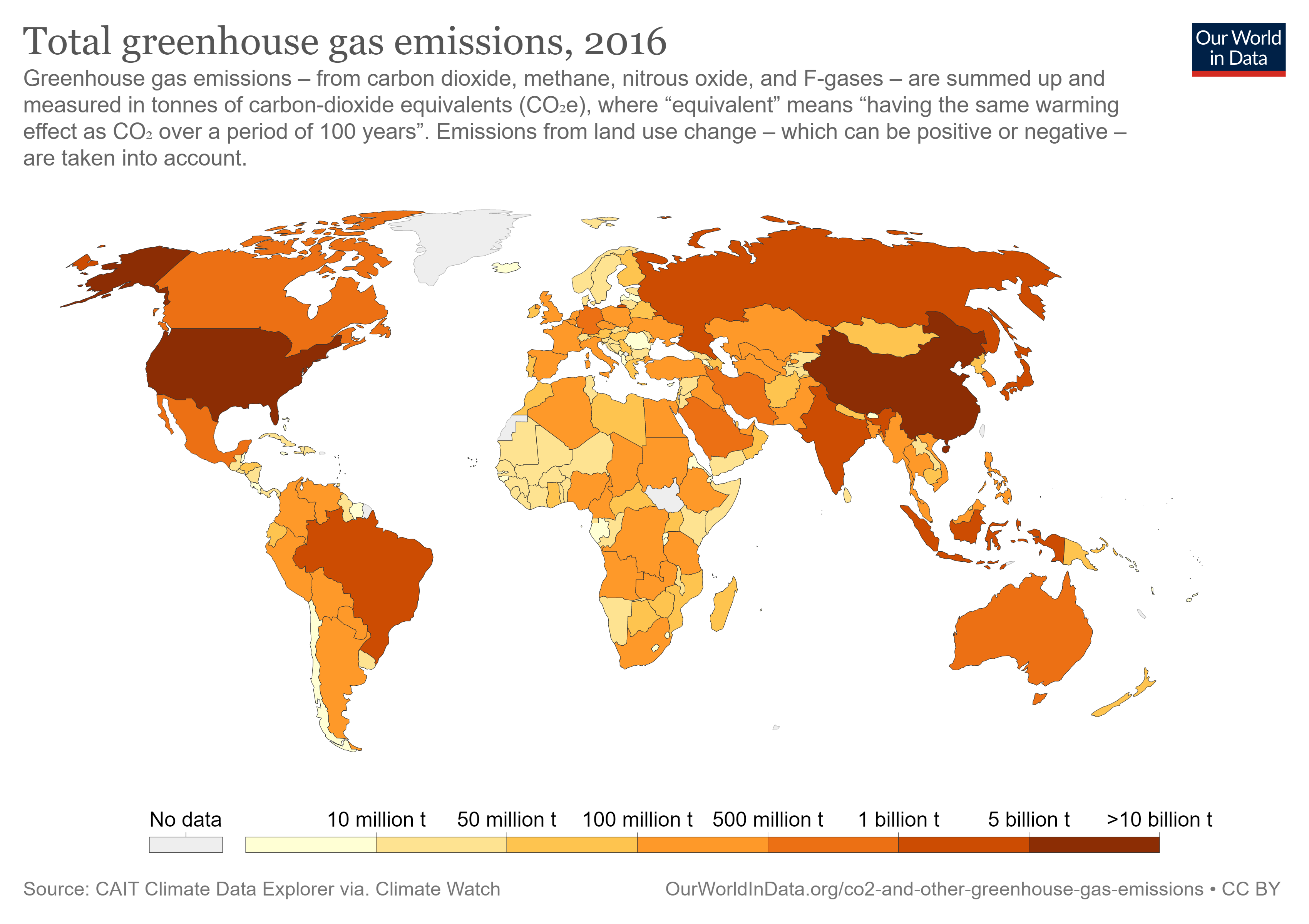
Climate Change Game
A cooperation game that lets students experience some of the challenges of cooperation in addressing global climate change
Experimental game theory is an important method of behavioral science, which has been increasingly used by various disciplines since the 1980s. The goal of game theory experiments is to investigate the behavior of people in different social situations, aspects of which are meant to be as far as possible transferable to situations of real life.
Using these teaching materials, students can be introduced to game theory in general, as well as a concrete method, the public goods game. The conditions and rules of the public goods game reflect the challenge of a group to maintain common resources.
The teacher can select some aspects of the materials that are most relevant and useful for the subject, the topic being addressed, learning goals, as well as students’ interests and prior knowledge.
Author: Susan Hanisch

A cooperation game that lets students experience some of the challenges of cooperation in addressing global climate change
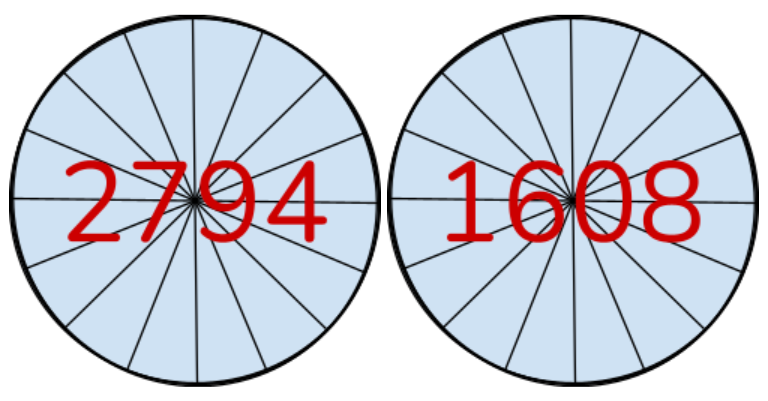
A group game that lets students experience the dilemma between self-interest and collective interest when groups have to work together to achieve shared goals.
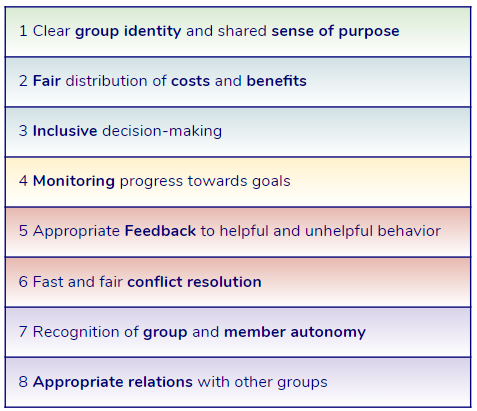
Students explore the principles that allow groups to work together and achieve common goals, applying them to the groups that they are a part of or care about.
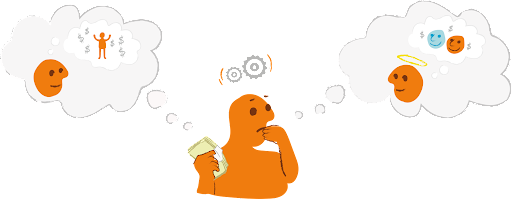
A set of behavioral experiments across cultures that explore the human sense of fairness.
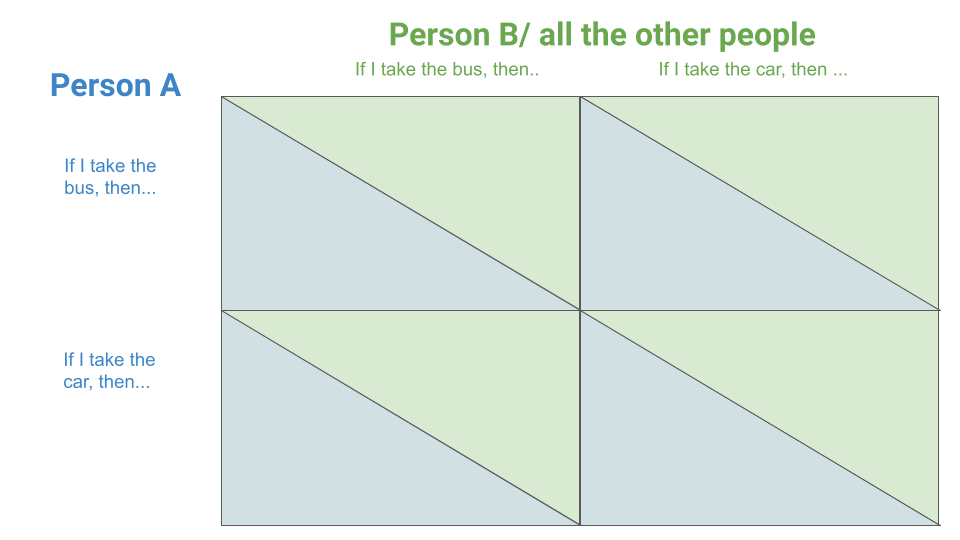
Students reflect on the causes and consequences of human behaviors in situations of social interactions, and are introduced to the payoff matrix as a helpful tool to represent motivations and outcomes of behaviors.
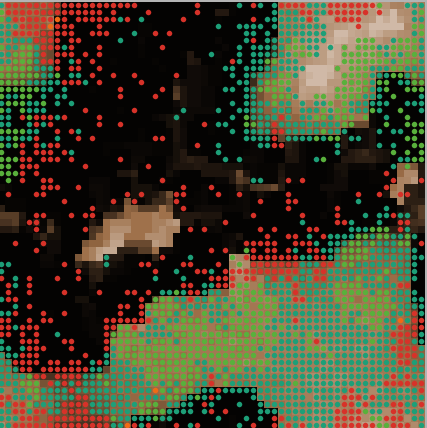
This model lets us explore how the appearance of certain social behaviors can affect evolutionary population dynamics.
OpenEvo is an educational innovation project from the Department of Comparative Cultural Psychology at the Max Planck Institute for Evolutionary Anthropology.
Evolve the future of education with us!